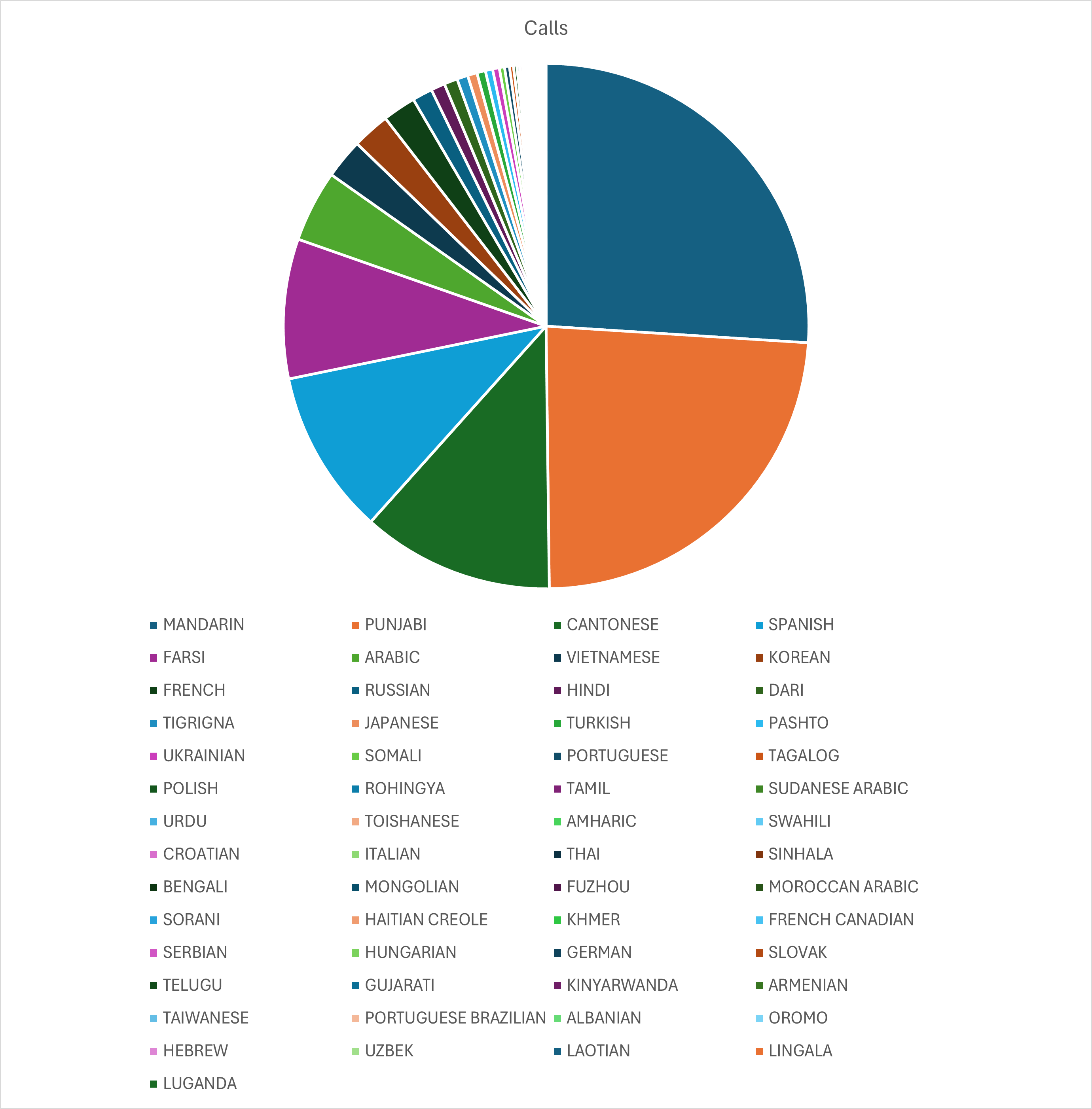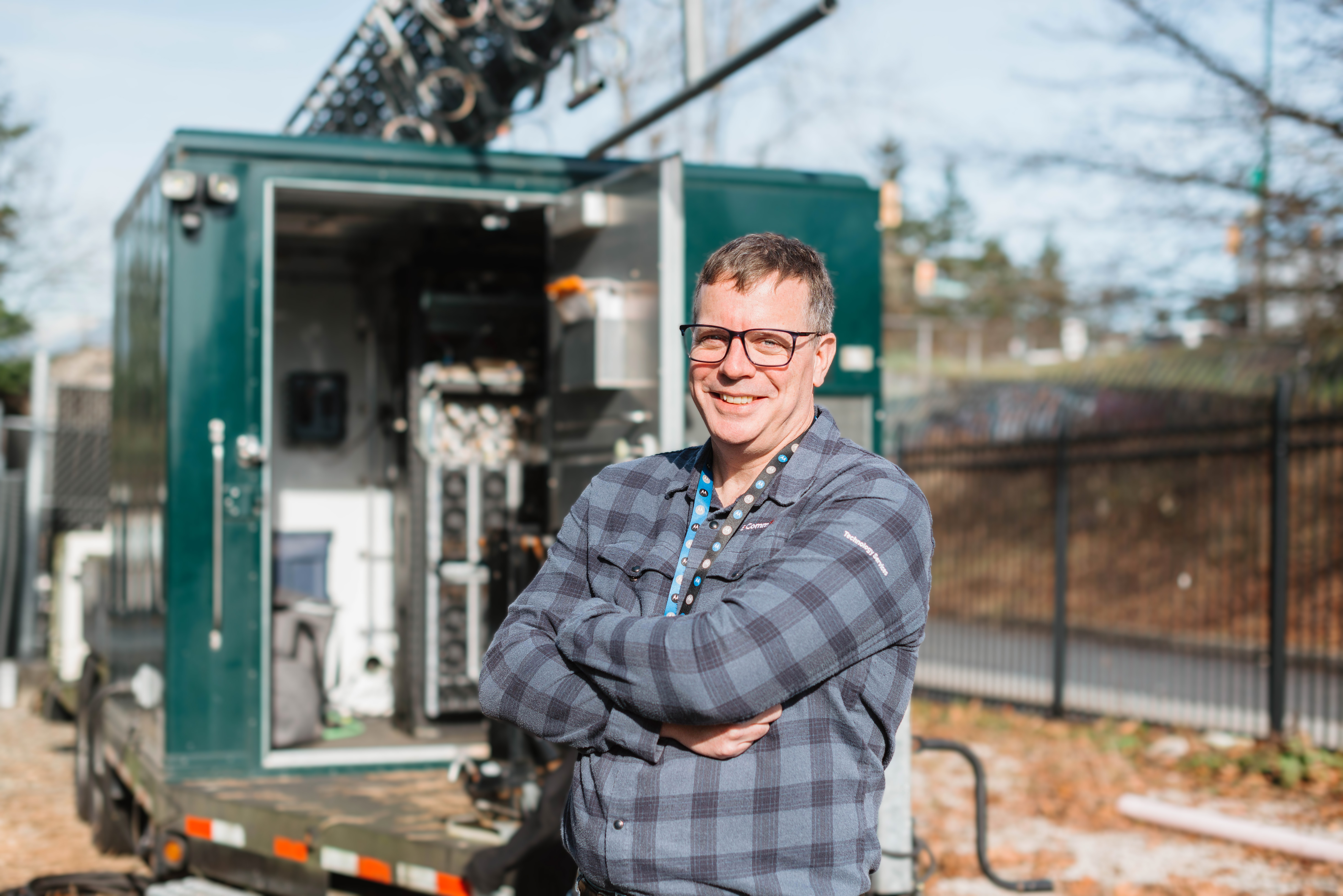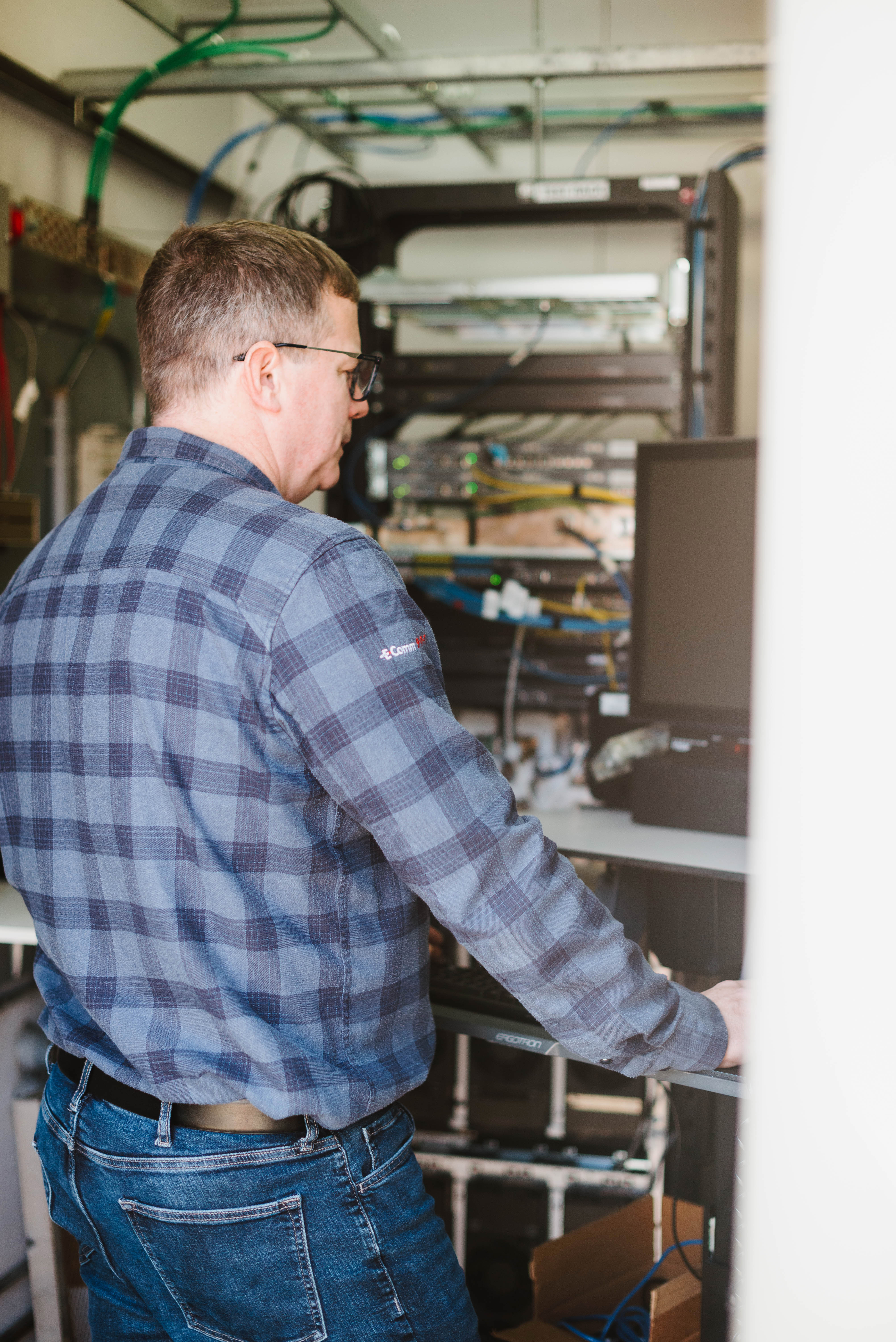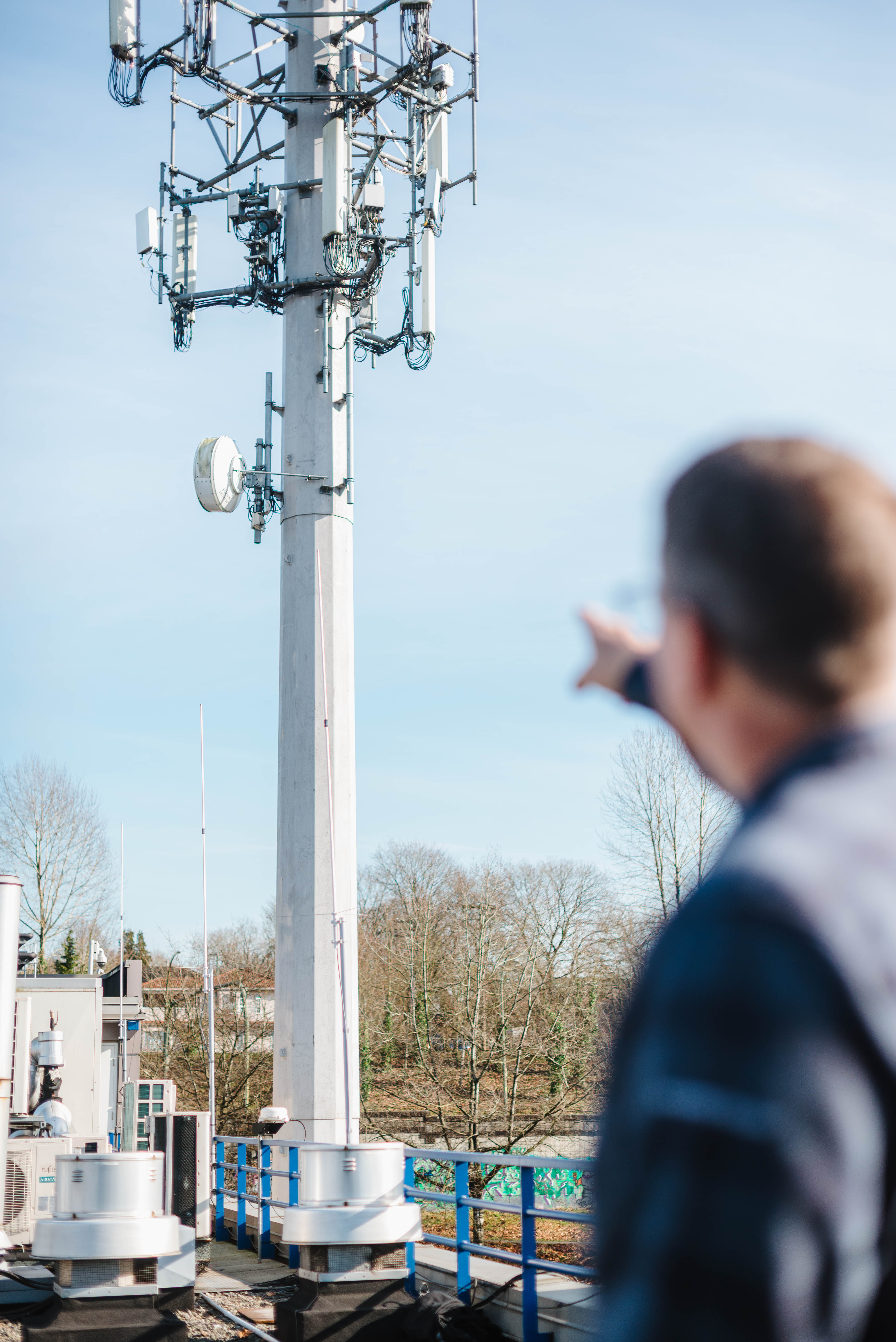E-Comm and Richmond RCMP empower diverse communities to call 9-1-1 with confidence
New video highlights interpretation services and encourages non-English speakers to call 9-1-1 in an emergency
E-Comm and Richmond RCMP are reminding British Columbians that you do not need to speak fluent English to call 9-1-1.
In 2025 alone, E-Comm received 5,329 emergency calls requiring interpretation in 57 different languages. Of those calls, 26% required interpretation in Mandarin, 24% in Punjabi, and 12% in Cantonese. From Spanish, Farsi, and Arabic to Laotian, Lingala, and Luganda, the wide range of interpretation requests reflects the rich diversity of callers across British Columbia.
To help raise awareness, E-Comm and Richmond RCMP have released a new video offering practical tips to support non-English speaking family members, friends and neighbours in accessing emergency services through 9-1-1. Language should never be a barrier to getting help in an emergency.
E-Comm has access to a 24-hour interpretation service in more than 200 languages, which can typically be connected in less than a minute.
Tips for calling 9-1-1 if English is not your first language
- Learn the English word for the language they do speak (e.g., learn to say “Mandarin”) in case an interpreter is needed. This will help speed up the process.
- Learn the words “police”, “fire” and “ambulance” in English.
- Encourage everyone to call 9-1-1 even if they speak little English—often this is all our call takers need to collect information and get help on the way.
- People should not be shy to try their English. Always dial 9-1-1 immediately in an emergency, rather than waiting for an English-speaking family member or neighbour.
- When requesting assistance in another language, do not hang up. Please stay on the line while our call-takers quickly connect with interpretation services.
“If you have a loved one who doesn’t speak English, it’s important to have the conversation about how to call 9-1-1 in an emergency that requires immediate assistance from police, fire, or ambulance,” says Carly Paice, Communications Manager at E-Comm 9-1-1. “When seconds count, 9-1-1 operators and emergency call takers are here to connect the public with first responders on the ground. Language should not be a barrier to someone calling 9-1-1 during a life or death situation like a crime in progress, fire or medical emergency.”

“Richmond is one of the most linguistically diverse communities in Canada, with roughly 70% of households reporting a mother tongue other than English or French,” says Sergeant Pak Yim, Richmond RCMP. “We want every resident to know that language should never be a barrier to getting emergency help. Our officers work every day with residents who speak many different languages, and are prepared to support callers through interpretation services whenever needed.”
No matter what language you speak, 9-1-1 is here to help.
Media Contacts:
Questions pertaining to E-Comm 9-1-1 should be directed to [email protected].
Questions pertaining to Richmond RCMP should be directed to [email protected]







